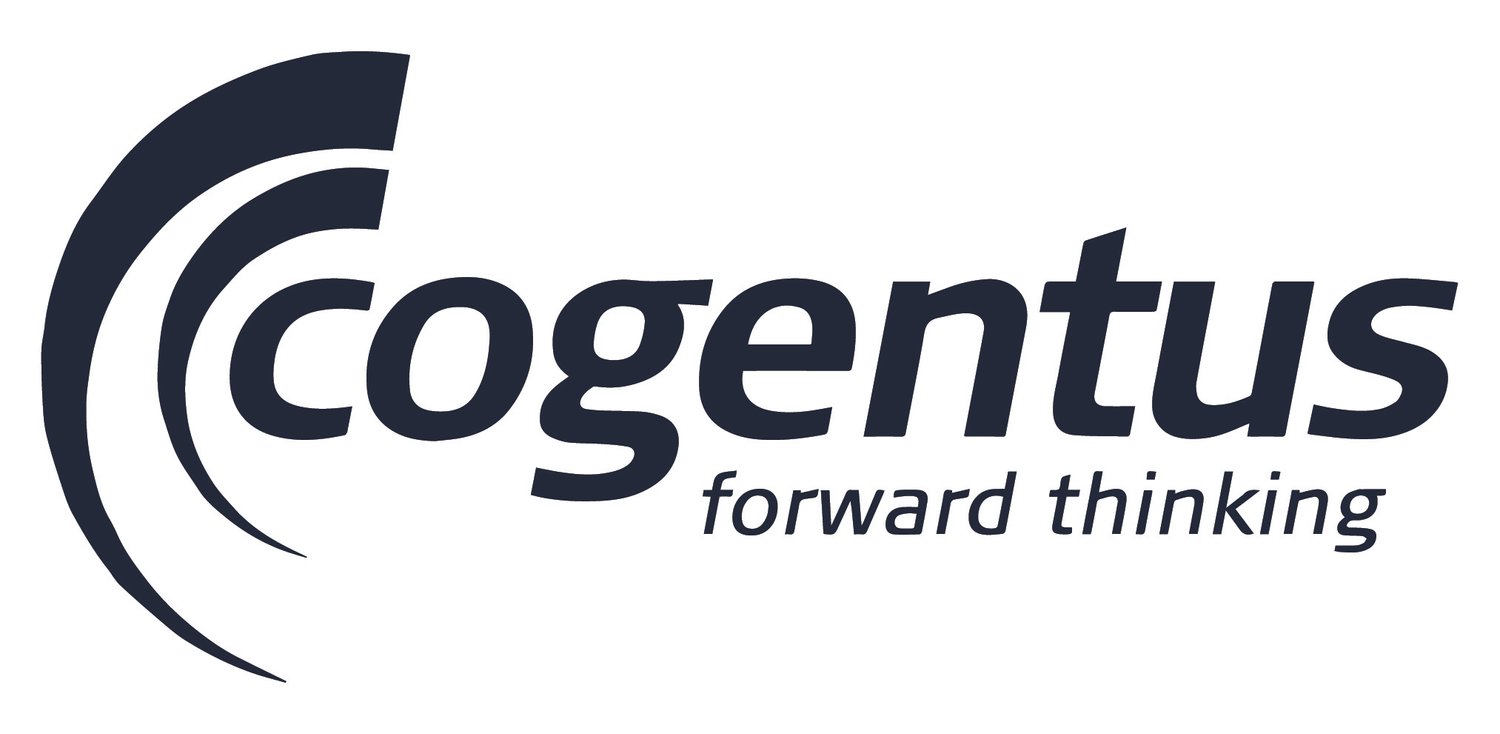Learning lessons from previous experience is an important aspect to Improving business performance. Clearly, if someone has done something before on a similar topic it makes sense to take advantage of their knowledge so that you do not repeat the same mistakes or can improve on their approach.
We have collected genuine ‘operational’ lessons learned from experience with D&D projects worldwide through a combination of literature searches, conference proceeding reviews and with one-to-one interviews with practitioners. These are then captured in the Idea Catalog as Lessons Learned.
Currently it contains over 950 lessons learned spread across a range of categories including: project execution, strategy, regulatory, finance, stakeholder engagement and others. You can narrow down the list to pull out areas of interest to you. You can even add your own lessons learned if you wish!
In collating the lessons learned there were two observations that are interesting:
Lessons are not being learned in a consistent and effective manner. Much of the data generated appears, from an experienced decommissioning eye, to be common sense. However, the fact that these lessons are common across multiple documents, multiple organisations and multiple countries implies that these ‘common sense’ lessons are either not being transferred effectively between projects/countries or, they are not being ‘learned’ when they are transferred.
Lessons are not well published or shared. Nuclear legacy site clean-up lessons are not well explained and there is a lack of relevant published material. Much of what is published is at a very high level with motherhood-type statements and so is generic in nature.
A More Structured Approach to Learning Lessons
The APQC (American Productivity & Quality Center) has identified a process that describes how knowledge flows through organisations and is a useful framework for addressing the issues identified above. It is a seven-step cycle:
Create new knowledge (this happens every day, all the time, across all areas of the business)
Identify knowledge that is critical to strategy and operations
Collect knowledge so it can be shared with others
Review knowledge to evaluate its relevancy, accuracy, and applicability
Share knowledge through documentation, informal posts, and collaborative activities
Access knowledge through pull (e.g., search) and push (e.g., alerts) mechanisms
Use knowledge to solve problems faster and make more informed decisions.
The Idea Catalog supports this framework in steps 1 to 6 (and thus addresses issue #2 above). You can see what knowledge already exists that we have collected, add your own lessons learned, access the information and then share it with others.
Step 7 (issue #1) is, however, more challenging! The report “Worldwide Lessons Learned in D&D”, prepared for U.S. Department of Energy, Office of Environmental Management (Office of Infrastructure Management and Disposition Policy) by Longenecker & Associates in January 2021 proposed a suitable mechanism.
Before starting on a new project or initiative (of any size), spend a few hours, as a team to:
Define the project or initiative clearly to ensure a common understanding of the objectives, needs, wants, barriers, constraints & assumptions.
Search the Lessons Learned list. Use information generated from the project definition and try different terms.
Generate a Long List of anything that might be relevant to the project.
Generate a Short List by narrowing down items that are most relevant for your particular project.
Determine how to address the implications of your shortlist in your project.
Remember to document adequately so you can respond to questions and challenges down the line and demonstrate that you have considered all the information you have available at the time.
If your project is particularly concerned with technology, then the same process applies, but you use the technology catalogs. It is important to demonstrate that you have considered a broad range of technologies (potentially from other countries or even other industries). A simple brainstorm is not going to scratch the surface of what exists, even with the knowledge of experienced team members.
If you would like more information, advice or training, please get in touch.
The Idea Catalog is free - just register. The Premium Plan (paid subscription) has additional functionality that is helpful to improve the overall process.

